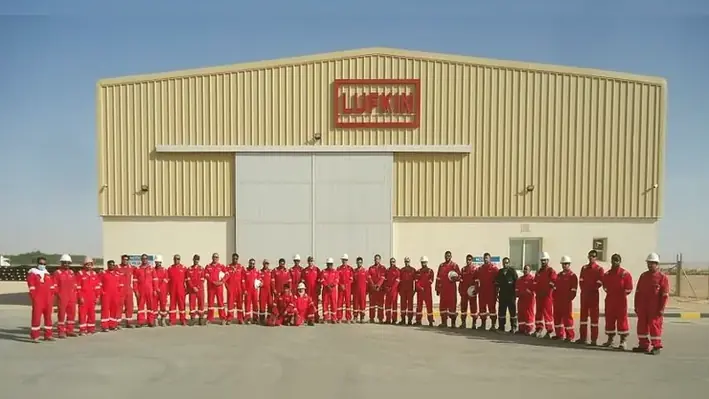
The Kingdom of Saudi Arabia is going through a far-reaching social and economic transformation, driven by Vision 2030, its blueprint aimed at creating a vibrant society, building a diverse economy and championing environmental sustainability.
From living standards to cultural reform, digital transformation to education, Vision 2030 touches almost every aspect of life in the Kingdom.
That includes the HSE sector, with a drive to raise standards and minimise workplace injuries, diseases and fatalities across all sectors. The regulations related to occupational safety and health have been developed and updated, aligned with the needs of the Saudi labour market ad international standards. The National Council for Occupational Safety and Health is working to develop further legislation and driving initiatives to support a safe, healthy and sustainable work environment, including a national programme for reporting, investigating and learning from work-related accidents and occupational diseases.
Nevertheless big challenges remain, some of which relate to the scale and pace of developments underway in the Kingdom. Dealing with variations in safety culture and behaviour of multicultural workforces as well as disparities in levels of competence can be a challenge, particularly given the scale of some of the huge gigaprojects that lie at the heart of the Kingdom’s diversification efforts, for example. Managing and monitoring workers over large and sometimes remote areas is another issue. Worker welfare issues, shortages of PPE and insufficient numbers of qualified HSE personnel are just some of the other challenges faced.
The HSE Saudi Arabia Outlook report outlines the evolving nature of the HSE environment and looks at some of the challenges. It highlights some examples of initiatives to drive a positive safety culture throughout organisations and raise standards. It underlines the huge requirement for training and upskilling in all areas, from basic HSE training to professional training for HSE practitioners, tying in with Vision 2030 objectives to develop the workforce and enhance local capabilities. It also looks at the huge potential offered by digital technologies to transform health and safety and drive sustainable operations.
The report concludes that there is scope for investment, partnerships and collaborations in areas ranging from training and consultancy to technology and equipment supply, as well as for sharing expertise.
To download the report, go to https://events.offsnet.com/HSEKSA2024#/Report?utm_source=HSEKSA&utm_medium=C1&utm_campaign=WebArticle




